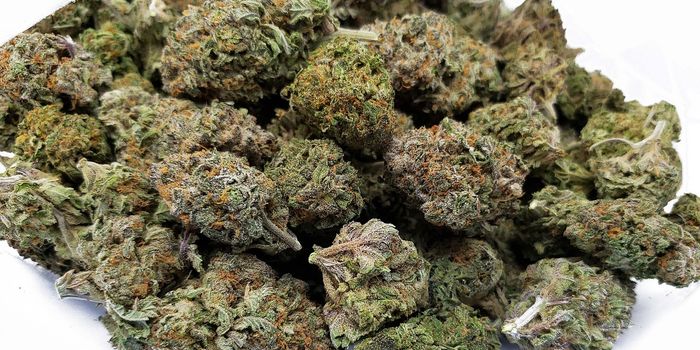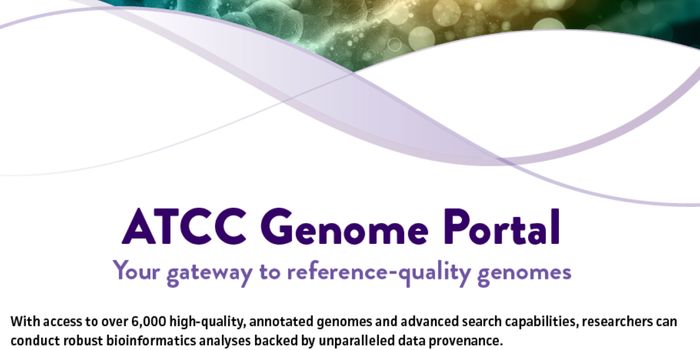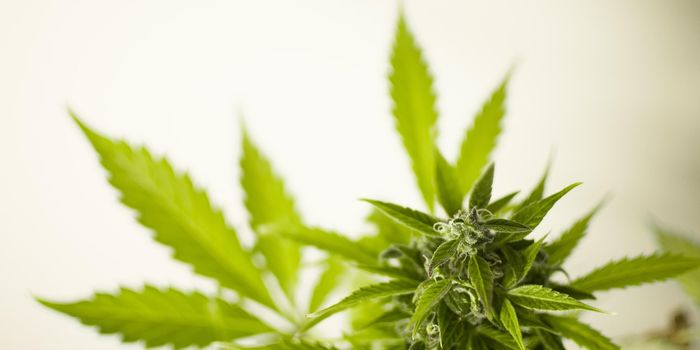Ant Honey a Potential Treasure Trove of Antimicrobial Compounds
For generations, Indigenous Australians have foraged for honeypot ants, extracting the honey from their swollen abdomens to remedy ailments such as sore throats and skin infections. A new study conducted by researchers from the University of Sydney has shed light on the potential antimicrobial powers of these sweet and sour snacks.
Directed by Indigenous guides, the researchers journeyed through the deserts of the Goldfields-Esperance region of Western Australia, seeking out bushy Mulga trees that often provide shade to the entrances of honeypot ant nests. After carefully digging out colonies, the researchers collected a subgroup of ants fattened with nectar.
Honeypot ants exhibit a fascinating phenomenon where some colony workers are overfed, causing their abdomens to expand into translucent amber balloons. The sugary secretions of these living but immobile food reserves act as reservoirs, regurgitating food as required for the other colony members.
Back in the lab, the small group of scientists tested the antimicrobial potential of the honeypot ant honey on a panel of bacteria and fungi. The findings published in PeerJ were nothing short of remarkable, as the honey displayed unique antimicrobial characteristics, differentiating it from honey produced by bees.
The honey effectively treated the bacterium Staphylococcus aureus, a common and problematic human pathogen. It also protects against harmful fungi that pose a risk to ant colonies and humans with compromised immune systems.
One promising property of the honey was that its antimicrobial effects appeared independent of hydrogen peroxide, indicating the presence of yet-to-be-discovered components, such as new antimicrobial peptides (AMPs).
Central to this fascinating discovery is the symbiotic relationship between the honeypot ants and a bacterium of the genus Candidatus Blochmannia. For 30 to 40 million years, this microbe has been enhancing the nutritional processing of its ant hosts, offering them a remarkable fitness advantage. As a result, the antimicrobial mechanisms used by the honeypot ants must distinguish between microbes. It avoids attacking one form of bacteria while still attacking others.
Unraveling the insect immune system's secrets has implications beyond entomology. Medical research on the honey's novel antimicrobial compounds potentially unlocks ways of "killing pathogens, binding to and neutralising [sic] endotoxins and modulating immune responses."
"Taking something that has been honed by evolution to work in nature and then applying this to human health is a great way to come up with therapeutic strategies," explained Professor Carter, one of the study's authors. This culturally significant sweet holds immense potential for medical science and the quest for natural antimicrobial compounds.
Sources: PeerJ, BMC Biology









